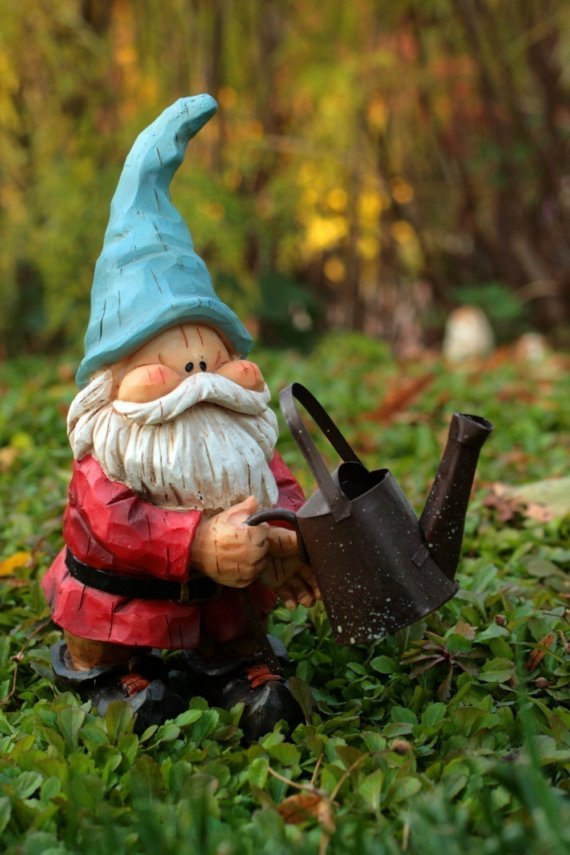How to Use Uno in Italian Posted by Serena on Aug 21, 2015 in Grammar
In my last post we looked at the use of the definite article lo and its plural form gli. Today we are going to find out how to use the indefinite article uno (a/an) works.
Rules for using uno:
1. when a masculine word begins with the letter ‘s’ followed by another consonant, e.g.:
uno spazzacamino = a chimney sweep, e.g. c’è bisogno di uno spazzacamino = we need a chimney sweep
uno scoiattolo = a squirrel, e.g. Renata ha dato uno scoiattolo imbalsamato a suo figlio Daniele = Renata gave an embalmed squirrel to her son Daniele
uno specchio = a mirror, e.g. voglio comprare uno specchio con la cornice dorata = I want to buy a mirror with a golden frame
uno scrittore = a writer, e.g. Giovanni è uno scrittore di gialli = Giovanni writes thrillers
uno studente = a student, e.g. Marco è uno studente molto diligente = Marco is a very diligent student
2. when a masculine word begins with the letter ‘z’, e.g.:
uno zaino = a rucksack, e.g. ho bisogno di uno zaino più grande = I need a bigger rucksack
uno zerbino = a doormat, e.g. dobbiamo comprare uno zerbino nuovo perché questo è tutto infangato = we must buy a new doormat because this one is all muddy
uno zio = an uncle, e.g. Giovanni ha uno zio centenario = Giovanni has an uncles who is 100 years old
uno zoccolo = a clog, e.g. uno zoccolo è più consumato dell’altro = one clog is more worn out than the other
3. There are three more groups of words that require the article uno, but they are quite limited. They are:
masculine words starting with ‘ps’, e.g.
uno psicologo = a psychologist
uno psichiatra = a psychiatrist
masculine words starting with ‘pn’, e.g.
uno pneumatico = a tyre. N.B. most people tend to say un pneumatico!
masculine words staring with ‘gn’, e.g.
uno gnocco = a dumpling
uno gnomo = a gnome
N.B. Unlike the definite article lo, when a masculine word begins with a vowel (a, e, i, o, u) we use the article un without an apostrophe, e.g.:
un albero = a tree, e.g. ho un albero di mele carico di frutti = I have an apple tree that’s full of fruit
un elefante = an elephant, e.g. non sono mai salita su un elefante = I’ve never climbed onto an elephant
un imbuto = a funnel, e.g. mi passi un imbuto, per favore? = can you pass me a funnel, please?
un ombrello = an umbrella, e.g. vuoi prendere in prestito un ombrello, che piove? = Would you like to borrow an umbrella since it’s raining?
un uscio = a house door, e.g. la casa aveva un uscio in castagno molto antico = the house had a very old door made of chestnut wood
At the end of my previous post I asked you to have a go at putting the correct definite articles into the given sentences. Here are the answers:
il mio televisore nuovo ha lo schermo da 40 pollici = my new TV set has a 40 inch screen
mi fa male la schiena = my back is hurting
Mario ha gli occhi marroni = Mario has brown eyes
Lucia è la zia di Andrea = Lucia is Andrea’s auntie
i pipistrelli hanno le ali pur essendo dei mammiferi = bats have wings despite being mammals
Come è andata?

Build vocabulary, practice pronunciation, and more with Transparent Language Online. Available anytime, anywhere, on any device.






Comments:
Samuele:
Well done, Serena! Keep it up.
Claudia:
Please keep posting your entries, despite low number of comments. Many of us are reading and learning without responding. Grazie.
Ted:
The Italian Language Blog is great and I appreciate the learning opportunity. But, copulating elephants – really? The blog doesn’t have to be on the crude side to be interesting.
Geoff:
@Ted Interesting fact Ted: without copulation none of us would exist. It’s really the most natural thing in the world
… and, IMO, the photo happens to be very funny 🙂
Do you remember the caption to the copulating elephant photo?
Saluti da Geoff
Cary:
Geoff, please ignore your humorless followers. The picture is great, cracked me up.
Geoff:
@Cary Grazie Cary, ne sono contento. 🙂